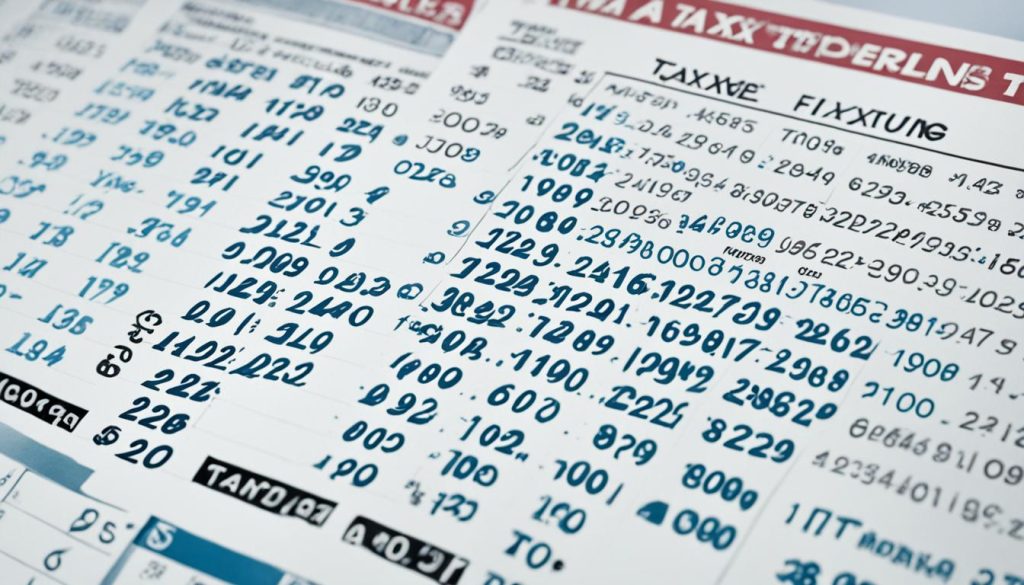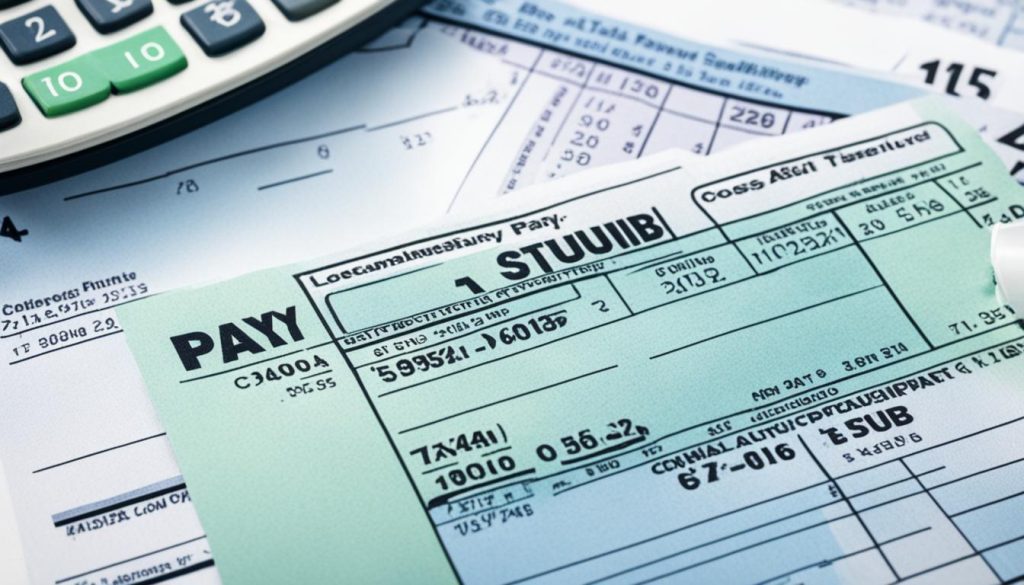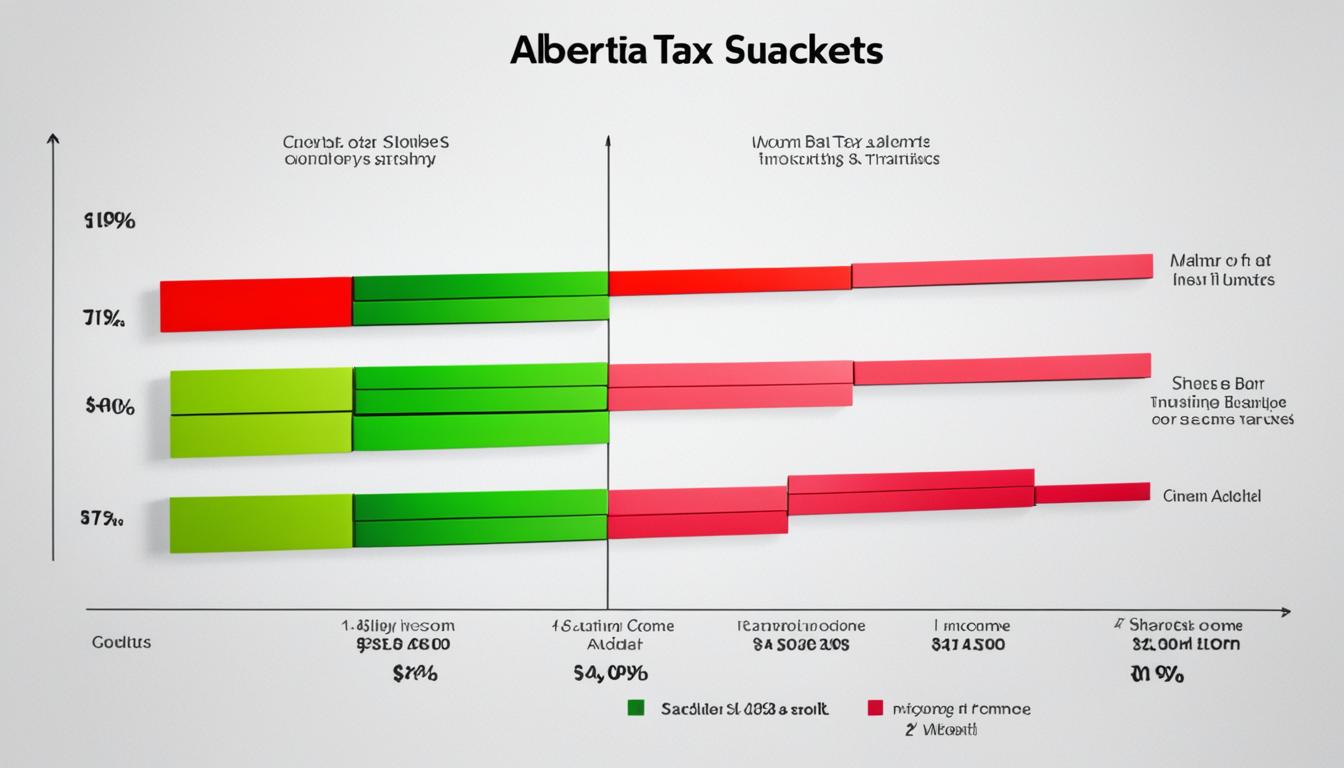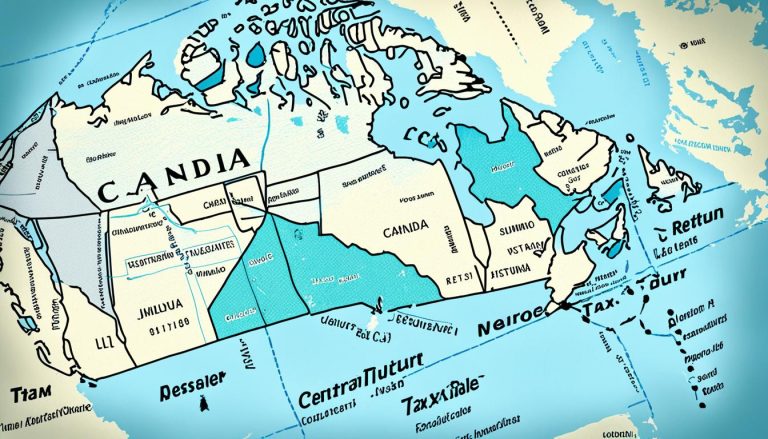Are you curious about how much tax is deducted from your paycheck in Alberta? It’s no wonder – understanding how taxes impact your earnings is essential for managing your finances effectively. Whether you’re a full-time employee or working part-time, having a clear picture of your take-home pay after taxes can help you budget and plan for the future. In this article, we will explore the tax deductions in Alberta and break down the calculations to give you a better understanding of where your hard-earned money goes. So, let’s dive in and explore just how much tax is deducted from a paycheck in Alberta.
Understanding Alberta’s Tax System
Alberta’s tax system is designed to ensure fair and efficient taxation for its residents. A crucial aspect of this system is the province’s marginal tax rate, which plays a significant role in determining the amount of tax individuals pay on their income.
Alberta’s Marginal Tax Rate
In Alberta, the marginal tax rate increases as your income rises, meaning you pay higher taxes on the portion of your income that falls into a higher tax bracket. The tax rates in Alberta range from 10% to 15% of income, and the combined federal and provincial tax rate is between 25% and 48%. This progressive taxation system ensures that individuals with higher incomes contribute a larger share of their earnings to the government.
Alberta’s Basic Personal Amount
Another important factor in Alberta’s tax system is the basic personal amount, which is the amount of income you can earn before paying provincial income tax. In 2023, this basic personal amount is set at $21,003. This means that Alberta residents can earn up to $21,003 without being subject to provincial income tax, providing a buffer for lower-income individuals and families.
Additionally, Alberta residents receive a tax credit called the Climate Action Incentive Payment (CAIP) when they file their income tax returns. This credit helps offset the impact of the federal carbon tax, with the CAIP amount varying based on the size of the individual’s or family’s household.
Factors Affecting Tax Deductions
Understanding the various types of income and how they are taxed is crucial when it comes to managing your tax obligations. Your employment income is subject to federal and provincial income tax deductions, as well as payroll taxes like Canada Pension Plan (CPP) contributions and Employment Insurance (EI) premiums. These deductions are typically made directly from your paycheque, ensuring that you pay the appropriate amount of tax withholding canada throughout the year.
Investment Income
In addition to your employment income, any investment income you earn, such as interest, dividends, and rental income, is also taxable. However, the tax rates applicable to investment income may differ from those applied to your regular employment earnings. It’s important to understand the nuances of investment income taxation to ensure you’re meeting your payroll deductions canada obligations.
Capital Gains
Whenever you invest your money into something that increases in value, such as stocks, mutual funds, exchange-traded funds (ETFs), or real estate, that increase is considered a capital gain. Your capital gains will only be realized and taxable when you cash in your investment. In Alberta, your capital gains are taxed according to the combined marginal capital gains tax rates, which range from 12.50% to 24.00% depending on your taxable income level.

How Much Tax Is Deducted From a Paycheck in Alberta?
Alberta’s tax system plays a significant role in determining how much tax is deducted from your paycheck. The province’s tax brackets range from 10% to 15% of income, and the combined federal and provincial tax rate falls between 25% and 48%.
1. Alberta’s Tax Brackets
The federal income tax rates in 2023 range from 15% to 33%, while the Alberta income tax rates range from 10% to 15%. This means that as your alberta income tax rates increase, you will fall into a higher tax bracket and pay a larger percentage of your income in taxes.
2. Federal and Provincial Tax Rates
The combination of federal and provincial tax deductions can result in an overall tax rate between 25% and 48% for Alberta residents, depending on your taxable income level.
3. Payroll Tax Deductions
In addition to federal and provincial income tax deductions, your paycheck may also include deductions for canadian payroll taxes, such as Canada Pension Plan (CPP) contributions and Employment Insurance (EI) premiums. The amount of income tax deducted from your paycheck will be clearly shown in Box 22 of your T4 slip.
By understanding Alberta’s tax system, including the paycheck deductions alberta and the canadian payroll calculator, you can better prepare for the tax implications of your income and ensure you’re paying the appropriate amount of taxes.
Tax Credits and Deductions in Alberta
Alberta offers several tax credits and deductions that can help reduce the amount of tax you owe to the government. Two of the most popular programs are the Alberta Child and Family Benefit and the Alberta Seniors Benefit.
Alberta Child and Family Benefit
The Alberta Child and Family Benefit provides financial assistance to eligible families with children under the age of 18. This tax credit is designed to help offset the cost of raising children and can make a significant difference in your overall tax burden. Eligibility is based on your family income and the number of children in your household.
Alberta Seniors Benefit
For lower-income seniors living in Alberta, the Alberta Seniors Benefit offers a monthly payment to help with living expenses. This tax deduction is available to Alberta residents who meet certain age and income requirements. By taking advantage of this benefit, qualifying seniors can keep more of their hard-earned money.
These tax credits and deductions are just a few of the ways you can maximize your tax savings as an Albertan. By understanding the provincial tax deductions available to you, you can ensure you’re paying the right amount of taxes and potentially increase your tax refund.

Filing and Paying Taxes in Alberta
Navigating the tax landscape in Alberta involves understanding key deadlines, refund timelines, and online payment options. As residents, it’s crucial to stay informed and organized when it comes to fulfilling your tax obligations.
1. Tax Return Filing Deadlines
The deadline to file your 2023 income tax return in 2024 is midnight on April 30. If you’re self-employed, your tax return is due on June 17, 2024, since June 15 falls on a Saturday. Staying on top of these tax return filing deadlines ensures you avoid any late filing penalties or interest charges.
2. Receiving Tax Refunds
The processing time for your tax refund can vary depending on how you file your return. When you transmit your return via NETFILE, you can typically expect to receive your tax refunds within 2 to 3 weeks. For mailed returns, the Canada Revenue Agency (CRA) or Revenu Québec will mail out your refund in 4 to 6 weeks following receipt of your tax return.
3. Paying Outstanding Taxes
If you have to pay income taxes to the CRA, you have several convenient options to make your tax payments online. You can do so through the CRA’s My Payment online portal, by setting up a pre-authorized debit agreement using CRA My Account, or through a third-party service provider with credit card, e-transfer, or PayPal.

Special Considerations
As a resident of Canada, it’s important to understand your residency and tax obligations, regardless of your age or occupation. If you earn any form of income – whether it’s from employment, self-employment, investments, or other sources – you are subject to Canadian income tax requirements.
1. Residency and Tax Obligations
The Canada Revenue Agency (CRA) considers you a resident of Canada for tax purposes if you maintain significant residential, economic, and personal ties to the country. This means that even if you spend part of the year outside of Canada, you may still be liable for Canadian income taxes on your worldwide earnings.
2. Maintaining Tax Records
By law, the CRA requires you to retain your tax records for a minimum of 6 years. However, it’s advisable to keep your records for up to 10 years, as you have the right to amend your tax returns for the previous decade. Maintaining detailed tax records can help ensure you’re prepared for any inquiries or audits from the CRA, and can also assist in accurately filing future returns.

Conclusion
Understanding how much tax is deducted from your paycheck in Alberta is crucial for proper budgeting and financial planning. The amount of tax deducted can vary based on your income level, tax bracket, and a variety of other factors. By understanding Alberta’s tax system, including marginal tax rates, tax credits and deductions, and filing requirements, you can ensure you’re paying the right amount of taxes and potentially maximizing your refund.
Whether you’re a new or established resident of Alberta, staying informed about your tax obligations and planning ahead can help you manage your finances more effectively. Familiarizing yourself with the alberta tax brackets, alberta tax brackets 2024, alberta sales tax calculator, calgary income tax calculator, canadian payroll taxes, alberta income tax rates, payroll deductions canada, employee tax calculation, provincial tax deductions, tax withholding canada, paycheck deductions alberta, canadian payroll calculator, and income tax alberta can empower you to make informed decisions and optimize your financial well-being.
By staying up-to-date with the latest tax regulations and proactively managing your tax obligations, you can ensure you’re meeting your responsibilities while also taking advantage of any available credits or deductions. This level of financial awareness and planning can ultimately lead to a more secure and prosperous future.
FAQ
1. What are the Alberta tax brackets?
Alberta’s tax brackets range from 10% to 15% of income, and the combined federal and provincial tax rate is between 25% and 48%.
2. How is the amount of tax deducted from my paycheck calculated in Alberta?
The amount of tax deducted from your paycheck in Alberta depends on your income level, tax bracket, and a variety of other factors, including federal and provincial income tax rates, as well as payroll taxes like Canada Pension Plan (CPP) contributions and Employment Insurance (EI) premiums.
3. What is the basic personal amount for Alberta in 2024?
Alberta’s basic personal amount, which is the amount of income you can earn before paying provincial income tax, is $21,885 in 2024.
4. What are some of the popular tax credits and deductions in Alberta?
Alberta’s most popular tax credits and deductions include the Alberta Child and Family Benefit and the Alberta Seniors Benefit. These can help reduce the amount of tax you owe to the government.
5. What are the deadlines for filing my 2023 income tax return in Alberta?
The deadline to file your 2023 income tax return in 2024 is midnight on April 30. If you’re self-employed, your tax return is due on June 17, 2024.
6. How long do I need to keep my tax records in Alberta?
The Canada Revenue Agency (CRA) requires that you retain your records for a minimum of 6 years, by law. You can ask to amend your tax return for up to the previous 10 years, so it’s a good idea to maintain your records for that long.




